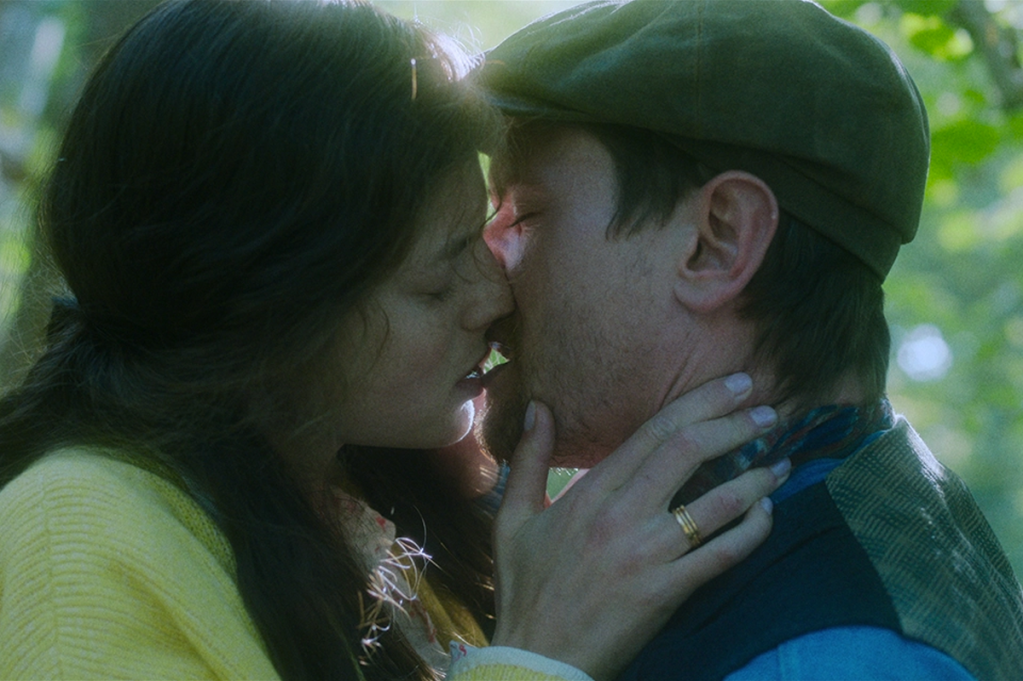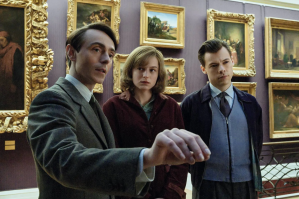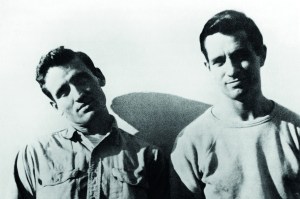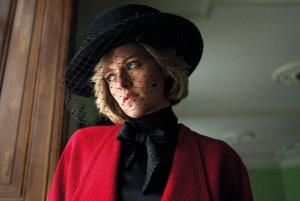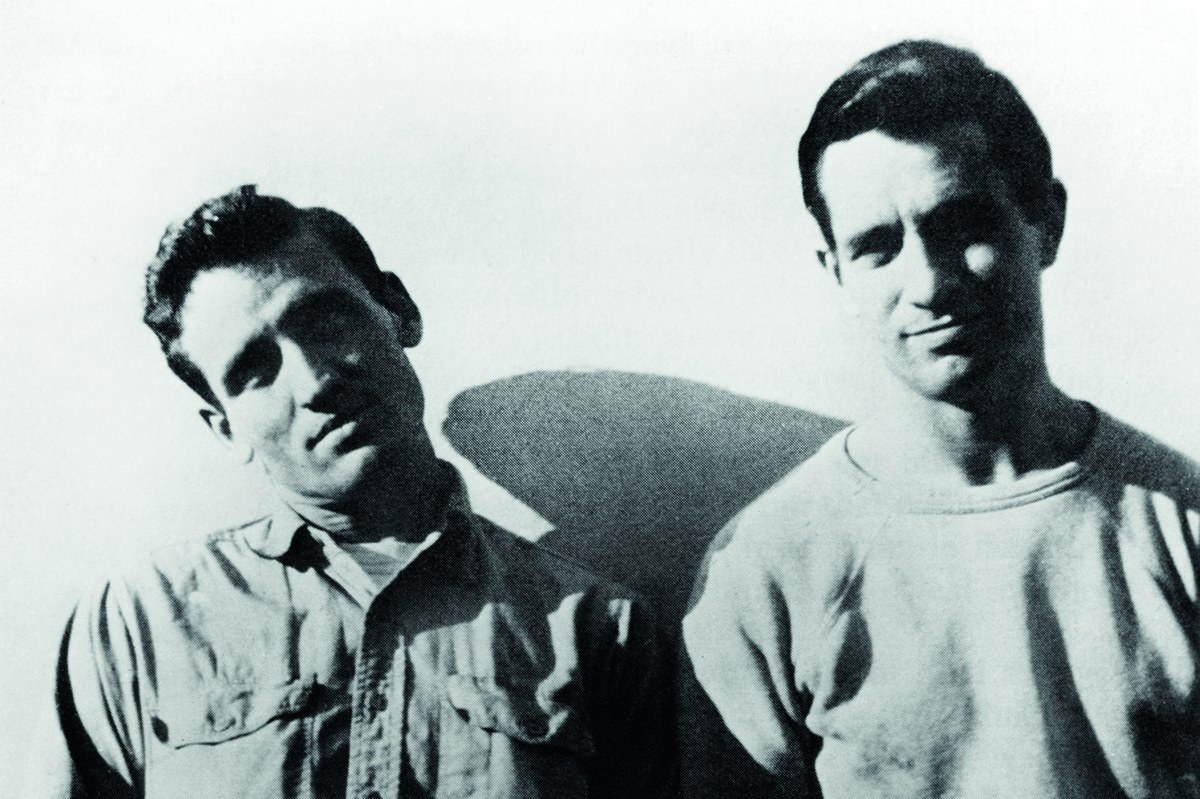If you’re of my generation, I expect your first encounter with D.H Lawrence’s Lady Chatterley’s Lover was the (well-thumbed) book passed around school and then maybe Ken Russell’s full-frontal, hut-shaking, 1993 television adaptation starring Joely Richardson and Sean Bean at his most Sean Bean. (“I wan’ yer, m’lady.”) But this Netflix version doesn’t play it as high-toned smut or as a pop-culture joke. It’s more in keeping with Lawrence’s alternative title for the novel, Tenderness, and it’s more a gentle, affecting, immersive love story than a sex story although there is plenty of sex in it. You’re not about to be short-changed there, m’lady.
The film is directed by Laure de Cleremont-Tonnerre (The Mustang) and stars Emma Corrin as Constance. Corrin first made a splash as Princess Diana in The Crown and she isn’t obvious casting, but she’s wonderful. She luminously embodies Connie’s intelligence, loneliness, craving for love. You can’t take your eyes off her, which is fortunate because in this adaptation she does have to carry the film.
We initially follow the early days of her marriage to Sir Clifford Chatterley (Matthew Duckett), a minor aristo whose vast country estate has been built on the back of exploited miners. But she hasn’t thought about any of that yet. After their perfunctory wedding night, he leaves to fight on the front and when he returns home it’s in a wheelchair as he’s paralyzed from the waist down. Alas, he doesn’t suddenly detect stirrings and implausibly recover like Matthew Crawley from Downton. (D.H. Lawrence is no Julian Fellowes, is he?) Connie tries to be a kind and solicitous wife but discovers that he doesn’t have much going for him from the neck up either as he’s sadly limited and can be cruel.
Eventually, his old childhood nanny is rehired to look after him. This is Mrs. Bolton, played by Joely Richardson, which is a nice touch. Usually, Mrs. Bolton is portrayed as a sinister, Mrs. Danvers-style character but here she’s truer to the original and more of an ally to Connie. A woman can understand what another woman wants.
Connie now has more time for her long walks. The film is ravishingly photographed and heavy with pastoral lyricism: flowers, lush meadows, clear streams burbling over rocks. Also wandering the grounds, lonely as a cloud, is the estate’s gamekeeper, Oliver Mellors (Jack O’Connell). She spies him naked, sponging himself down. She’s amused, not yet alert to her sexual needs. This slowly inches towards the physical. There’s a wonderful scene when she arrives at his hut to see the pheasant chicks and in handling them we understand that she not only longs to bear life but also longs to come back to life. It’s brilliantly captured.
Once the relationship becomes physical it’s not solely physical. There is a connection. There is tenderness. The film doesn’t wholly avoid the novel’s landmines — there is naked dancing in the rain — but they don’t thread forget-me-nots into each other’s pubic hair, for which I sincerely believe we must be thankful. Also, Mellors does not directly address his John Thomas — “Aye, my lad… rear thy head!” — which would surely have set us all off.
The themes of the novel — increasing industrialization, class inequities, sex as natural rather than shameful — are present but delicately so. Acting-wise, it’s a raw deal having to play Mellors, as he’s a gruff kind of fellow. But O’Connell brings heft and manages to say “m’lady” without putting you in mind of Thunderbirds.
This film won’t set the world alight but you will be swept up in it and you will be hoping the pair won’t be discovered even though you know they will. It has taken license with the ending but I’m willing to let that go as it does involve lovely knitwear. All in all, it’s quietly yet rather beautifully told.
This article was originally published in The Spectator’s UK magazine. Subscribe to the World edition here.



